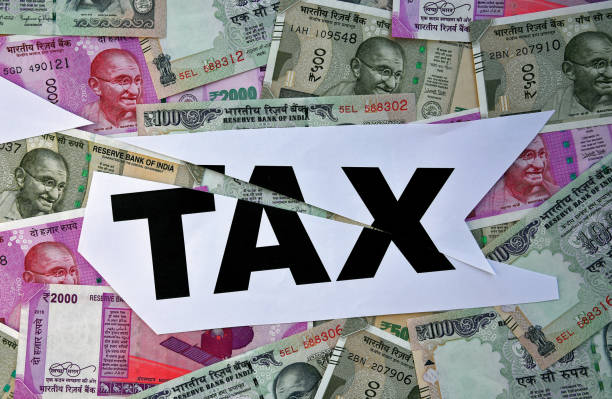
Pvt-sector DFIs to be provided five-year tax relaxation

BKT Unveils FY25 Sustainability Report, ‘New Roads. Greener Future’
Balkrishna Industries (BKT) has released its sustainability report for FY 2024–25 titled New Roads. Greener Future, outlining progress across environmental stewardship, circular manufacturing and workforce development, as the company strengthens its long-term ESG framework.During FY25, BKT reported increased use of renewable and recycled inputs, deploying over 106,000 metric tonnes of renewable materials in primary products. Circularity remained central, supported by vertically integrated carbon black manufacturing and higher adoption of recycled raw materials, resulting in 98.17 per cent of..

Sources Unlimited Introduces CoeLux High Tech 25 Mini
Sources Unlimited has introduced CoeLux High Tech 25 Mini, an advanced lighting system designed to recreate the visual and emotional experience of natural sunlight and open skies within interior spaces.Designed to resemble a skylight seamlessly integrated into architecture, the compact system emits a soft, diffused vertical beam that mirrors the depth, colour and clarity of real daylight. The illumination creates the illusion of opened ceilings and enhanced spatial volume, while subtly washing surfaces below to highlight textures, furniture and interior detailing. Scaled for small to medium-si..

Taural India Commissions Second Aluminium Casting Plant in Maharashtra
Taural India recently commissioned its second aluminium sand casting manufacturing facility in India at Supa, Maharashtra, marking a major expansion after its first plant in Pune. The 30-acre facility was inaugurated by the Honourable Chief Minister of Maharashtra, Shri Devendra Fadnavis, and represents a significant addition to the state’s advanced manufacturing ecosystem.Designed to meet global engineering and sustainability benchmarks, the Supa plant integrates automation, digital process controls and advanced quality systems. It will manufacture complex, high-tolerance aluminium componen..

















